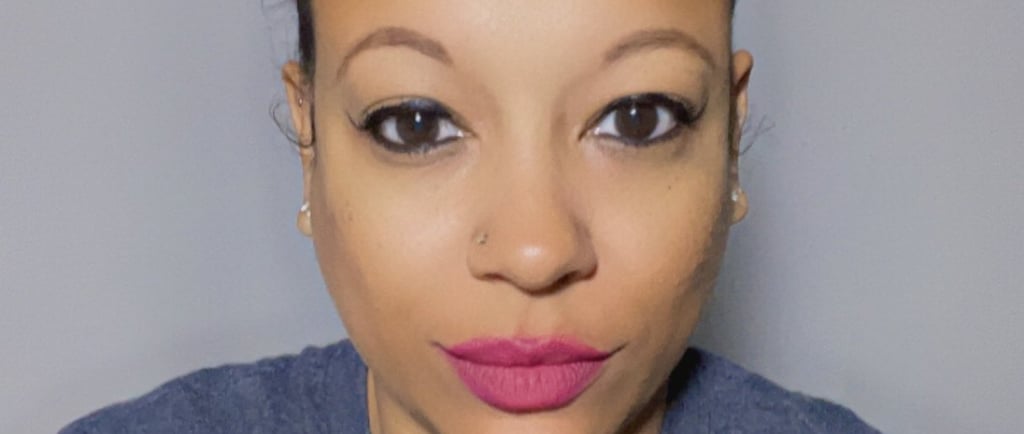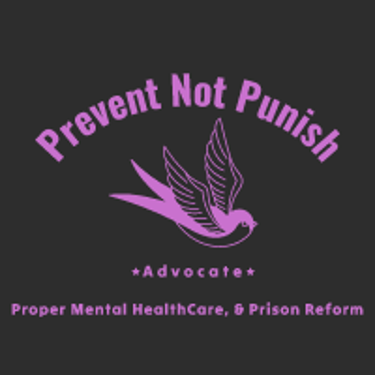Natasha's (My) Medication Journey
Learn about some mental health medications I have taken over the year. Meds for bipolar, borderline, depression, anxiety, PTSD and OCD.
Written by: Natasha BYTS
1/25/20254 min read


Medications:
I’ve been on what feels like a shit ton of medications, with many different combinations.
After almost 5 years of having a proper diagnosis, I am still currently trying to find the exact combination that works the best for me.
So many medications come with side effects. Some just flat out don’t work. Some work too much.
It’s a challenge to find the right regimen for each person. It’s not as simple as taking ibuprofen, or acetaminophen for a headache.
So, if you are struggling with this, please be patient and keep trying. We will eventually find a great balance.
Being diagnosed with bipolar disorder (BD) was scary because before that I had been prescribed only a serotonin selective reuptake inhibitor (SSRI), an anti-depressant. Which, taken alone, can cause mania in patients with BD.
I had been asking for help with my mental health since I was 17 years old. I was always diagnosed with anxiety and depression. Not realizing those were symptoms of bipolar disorder, and post-traumatic stress disorder (PTSD).
I didn’t get diagnosed with accurate disorders until I was 36.
I also have borderline personality disorder (BPD).
I currently take an antipsychotic (Abilify), a mood stabilizer (lamotrigine), and an anti-depressant, serotonin norepinephrine reuptake inhibitor (SNRI) (venlafaxine er). I take a very low dose anti-depressant (trazodone) as needed, for insomnia.
I’ve been on bupropion, Paxil, Lexapro, fluoxetine, Zoloft, Seroquel, Ambien, risperidone, buspirone, hydroxyzine, doxepin and the ones listed in the paragraph above.
Most of the anti-depressants did nothing for me at the time I took them. They either caused me hypomania or gave me unbearable side effects.
They were also not taken with an antipsychotic or a mood stabilizer to offset the antidepressant. Taken together, they balance each other out for a person with bipolar disorder.
The problem I had was that no one ever diagnosed me with bipolar for over 18 years. I had seen over 10 different providers regarding my mental health and had never been told of any diagnoses other than the overused “depression and anxiety”.
A week before the accident, I asked for help from two different providers, a therapist, and a medical doctor. One told me they’d call me back and never did and the other quoted me the “Serenity Prayer” and gave me sleeping pills. He even said, “You poor thing, you are shaking like a leaf”.
Yet, he sent me on my way…home.
My anxiety and panic attacks that I had suffered since I was an early teen were from PTSD. PTSD from childhood trauma, trauma inflicted upon me, and trauma I witnessed inflicted on loved ones.
My rapidly fluctuating moods were from BPD. Euphoric to sad, to rage, back to euphoric in a matter of minutes.
My hypomania, the feeling that I can do anything and need zero sleep, was from BD, moods switching from depression to hypomania or mania which last days, weeks and or months. (Unlike BPD, which cycles frequently and quickly and does NOT have hypomania or mania.)
My obsessive thoughts were from my OCD.
The thing with disorders is they often overlap in symptoms. You must meet specific criteria for each disorder to be diagnosed with it. Otherwise, you could just have some traits of it but not the actual disorder itself.
SSRI’s and SNRI’s work with the neurotransmitter serotonin in your brain that help with depression and anxiety. Antipsychotics work mostly with dopamine. It blocks or inhibits the reward center of the brain which stops psychosis and mania.
Mood stabilizers help with hypomania/mania in bipolar disorder, and rapid cycling in BPD. Although they are not designated specifically for BPD, they are used off-label.
Mood stabilizers and/or antipsychotics should be taken with an SSRI or SNRI in patients with bipolar disorder. This allows a proper balance between mania and depression. An SSRI or SNRI without a mood stabilizer or antipsychotic, could cause mania.
One issue people may have is their insurance may not cover certain medications. Or they will cover them after you’ve tried less expensive medications in the same category first.
Another problem is, depending on where you reside, you may not be allowed to take certain medications. For example, when I was detained in jail for 3 years, I was limited to what medications I was allowed to take.
They stopped me from using Buspar, Seroquel, and Vistaril, and they stopped others from using ones that cannot even be abused like Lexapro (due to costs, Celexa is less expensive, and it was allowed).
Thankfully, my freedom from incarceration comes with freedom to choose the medications I want to use. When I first came home from jail, I was on 6 medications. Now I’m down to 3 daily, and 1 as needed.
The nurse practitioner and I are still tweaking things, but I have had no mania and no psychosis since the day of the accident in 2020.
On my first day home, I made an appointment with my therapist and nurse practitioner and made sure my mental health was my number one focus. Even though I had zero orders from the state to do so. I took the initiative to be proactive.
I will never go off my medications. Even if I “think” I can. I would rather stay medicated than risk any harm to others or to myself again.
If you take medications, please don’t abruptly quit.
If you don’t take medications and you need to, please do.
Love yourself first.
You cannot love others properly and healthily, if you do not love yourself the same.
Take your meds! Go to therapy! Go to groups! Get a coach!
Prevent Not Punish!
Because You The Shit!
-Natasha BYTS
*Brand named drugs begin with a capitalized letter. Generic drugs begin with a lower case.
